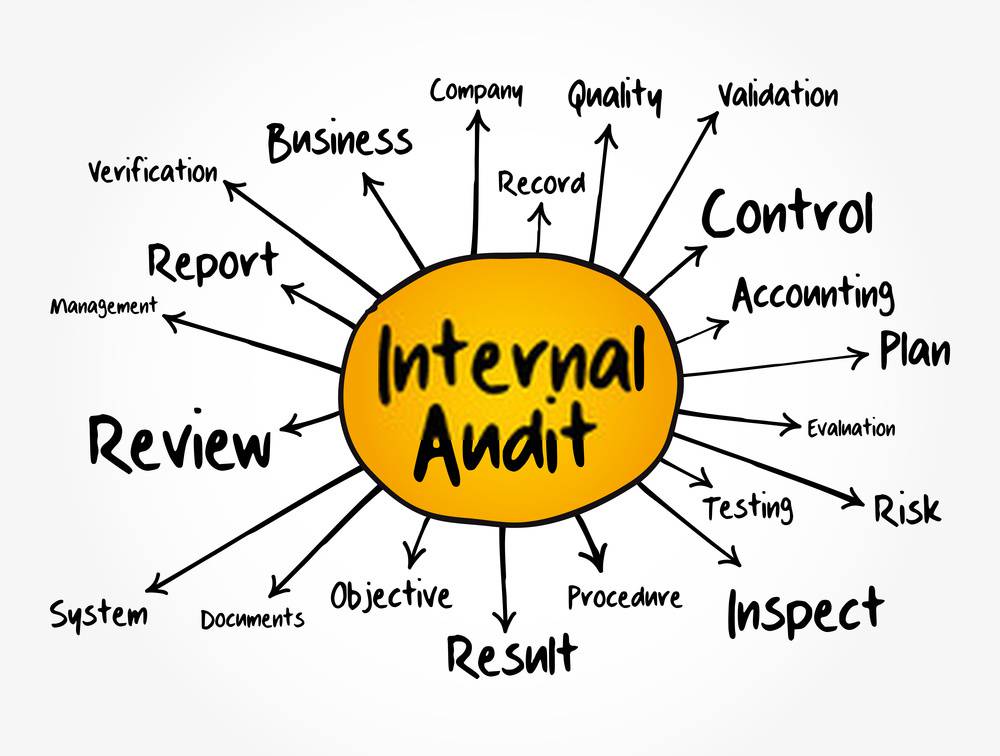Numerous companies in the event management sector are now suffering difficulties as a result of the COVID-19 outbreak. Following COVID-19, event management companies may encounter a number of difficulties, including:
Significant obstacles must be overcome by event management companies in the post-COVID-19 era. Effective management of these difficulties will be essential to these companies' future success.
Consumer behavior changes:
Consumer behavior has significantly changed as a result of the COVID-19 epidemic, with many individuals now being less inclined to attend public meetings and activities. This can result in less of a need for event management services and lower earnings for companies.
New laws governing health and safety:
To comply with laws and safeguard guests' health in the post-COVID-19 era, event management companies may need to put in place new health and safety procedures. This can entail taking steps to distance oneself from others, offering personal protective equipment, and doing temperature checks, among other things.
Virtual occasions:
To continue holding events throughout the pandemic, many companies have turned to virtual events. Virtual events can be a good alternative, but they also come with their own set of problems, including the need for technological and training investments and the difficulty of accurately simulating the atmosphere of a live event.
Competition:
As companies attempt to adjust to the shifting market conditions, the COVID-19 epidemic has boosted competition in the event management sector. Businesses may find it more challenging to retain their market share and attract new customers as a result.
Financial difficulties:
The economy has been significantly impacted by the COVID-19 outbreak, which has put many enterprises in financial difficulty. If events are canceled or postponed, event management organizations may have trouble getting funding, managing cash flow, and recouping expenditures.
Consumer behavior has significantly changed as a result of the COVID-19 epidemic, with many individuals now being less inclined to attend public meetings and activities. This can result in less of a need for event management services and lower earnings for companies.
New laws governing health and safety:
To comply with laws and safeguard guests' health in the post-COVID-19 era, event management companies may need to put in place new health and safety procedures. This can entail taking steps to distance oneself from others, offering personal protective equipment, and doing temperature checks, among other things.
Virtual occasions:
To continue holding events throughout the pandemic, many companies have turned to virtual events. Virtual events can be a good alternative, but they also come with their own set of problems, including the need for technological and training investments and the difficulty of accurately simulating the atmosphere of a live event.
Competition:
As companies attempt to adjust to the shifting market conditions, the COVID-19 epidemic has boosted competition in the event management sector. Businesses may find it more challenging to retain their market share and attract new customers as a result.
Financial difficulties:
The economy has been significantly impacted by the COVID-19 outbreak, which has put many enterprises in financial difficulty. If events are canceled or postponed, event management organizations may have trouble getting funding, managing cash flow, and recouping expenditures.
Significant obstacles must be overcome by event management companies in the post-COVID-19 era. Effective management of these difficulties will be essential to these companies' future success.


